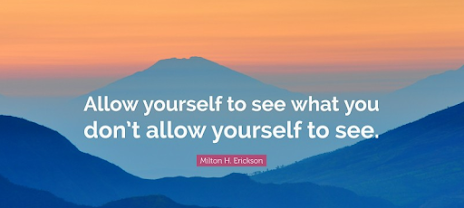There is a big difference between knowing about something and experiencing it. When working with people with substance misuse problems they often ask the counselor if the counselor is in recovery themselves. The saying in AA and other twelve stop programs is that “it takes one to know one” or as my friend, Jim, told me one time, “Dave, you can’t bullshit a bull shitter.”
Of course to expect that a helper has had personal experience with the problem influencing the helpee is unreasonable and unnecessary for the helper to be empathetic and understanding. Often the helper has vicariously experienced the problem from the stories of other helpees and from works of art, the most relevant being fiction, nonfiction, and films.
The three main factors of helpful bibliotherapy and cinematherapy are trust, connection and action. Trust meaning that the fiction or nonfiction seems realistic, authentic, relevant, and believable. Connection meaning that the reader, viewer, can identify with the characters, and action in the sense that the scenarios, interactions, and dynamics can be replicated.
Can we experience life vicariously through the artistic rendition of other people, events, and dynamics? Absolutely, and this living vicariously can help one become wise, compassionate, knowledgeable and helpful.
Art facilitates the growth of the soul, not just the intellect. A competent helper needs both intellect and soul.
Articles about the Psychotherapeutic Humanities appears on Markham's Behavioral Health most Sundays.



